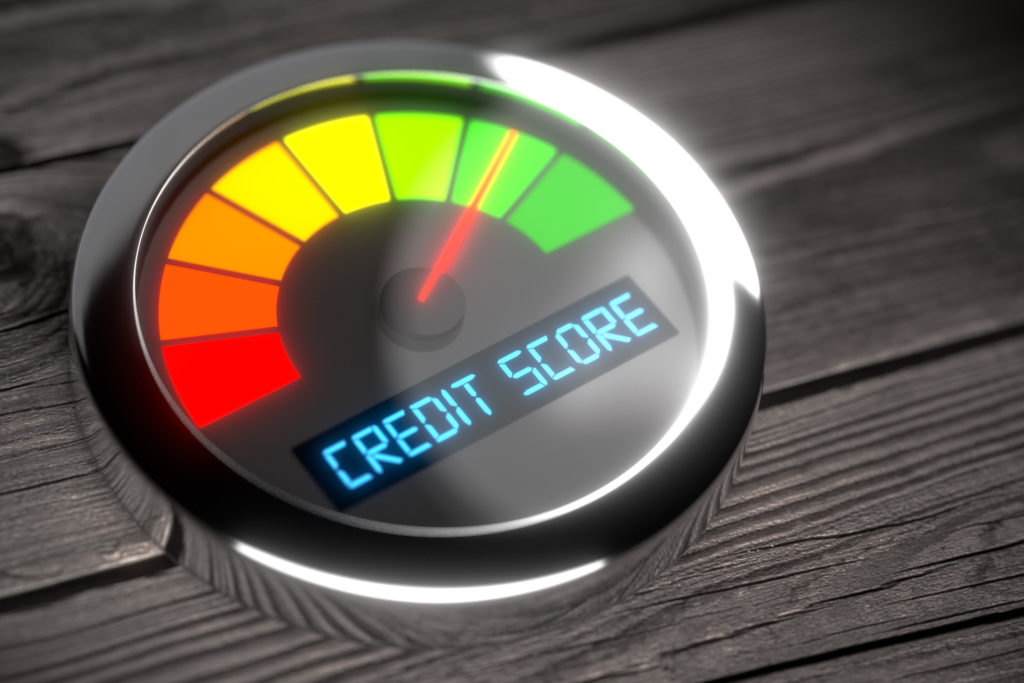A credit score is a number that companies refer to when considering an application for goods and services. These scores are unique to each individual and reflect their dependability to pay on time and in full. A great number of people are completely unaware of their score until they try to procure a loan or financing on a purchase. This is when most individuals discover that their credit score is less than desirable.
A person’s score can fall into several different categories. A poor score is a score under 600 points, fair scores fall between 601 and 660, good scores range from 661 and 780, leaving anything overs 780 considered an excellent credit score. The condition of one’s score informs potential financiers of the likelihood of that individual adhering to their financial agreement and their ability to repay what is borrowed.
If you discover your score is less than desirable, there are steps that can be taken to improve it. Simply working to raise the score can have a positive effect on how lenders gauge the risk involved with offering you a line of credit.
The most important and effective way to raise a low score is to begin paying bills on time. This includes credit card bills and loan payments, but you should also make sure you are paying other bills on time as well, such as your rent and utility bills. If behind on bills, try to pay them up in full as soon as possible. While late or partial payments can still affect your score negatively, over time these debts will have less of an impact if paid in full. You may also settle your past debts for less than the original amount agreed upon. While this may have an initial negative impact on your credit, it will have less of a damaging result than not paying those debts off at all.
Another way to raise your low score is to open a new line of credit. You should only do this if you do not already have too many open accounts. You should also consider keeping your unused credit cards open, especially those without an annual fee. While not in use, unused credit cards won’t be creating debt, but the open line of credit will keep your score healthy. It is also important to note that you do not need to simply pay the minimum balance on your credit cards to generate positive credit, you can keep the balance at zero and still reap the benefits of having an open line of credit in good standing.
Perhaps the easiest method for raising your score is to monitor your credit. Many companies offer free or paid credit monitoring and reporting, while those that are subscription based may be more detailed, any reporting is better than none. No matter which method you choose, continue to monitor your credit regularly. If your see discrepancies or inaccurate charges on your credit report be sure to dispute them and see the process through until they are resolved.
